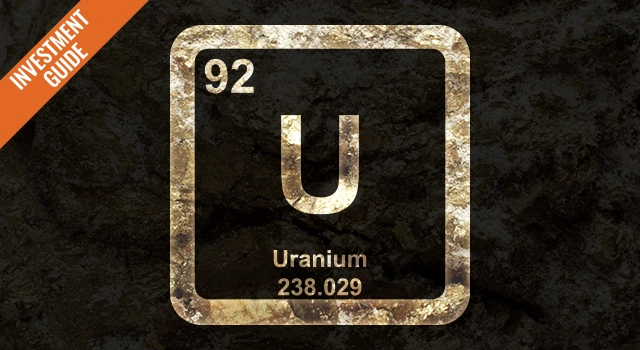- ASX News LIVE | ASX to Bounce; Big Week of Earnings Ahead for Wall St; Citi Downgrades Aus Banks
The ASX 200 is set to bounce today as the dust settles on the conflict in the Middle East. Energy is expected to lag today as oil prices ease after spiking last week.

Investment ideas from the Edge of the Bell Curve to your inbox
Enter your email address in the box below and you’ll get Fat Tail Daily every day…absolutely free.
Investment ideas from the Edge of the Bell Curve to your inbox

Investment ideas from the Edge of the Bell Curve to your inbox
Enter your email address in the box below and you’ll get Fat Tail Daily every day…absolutely free.





